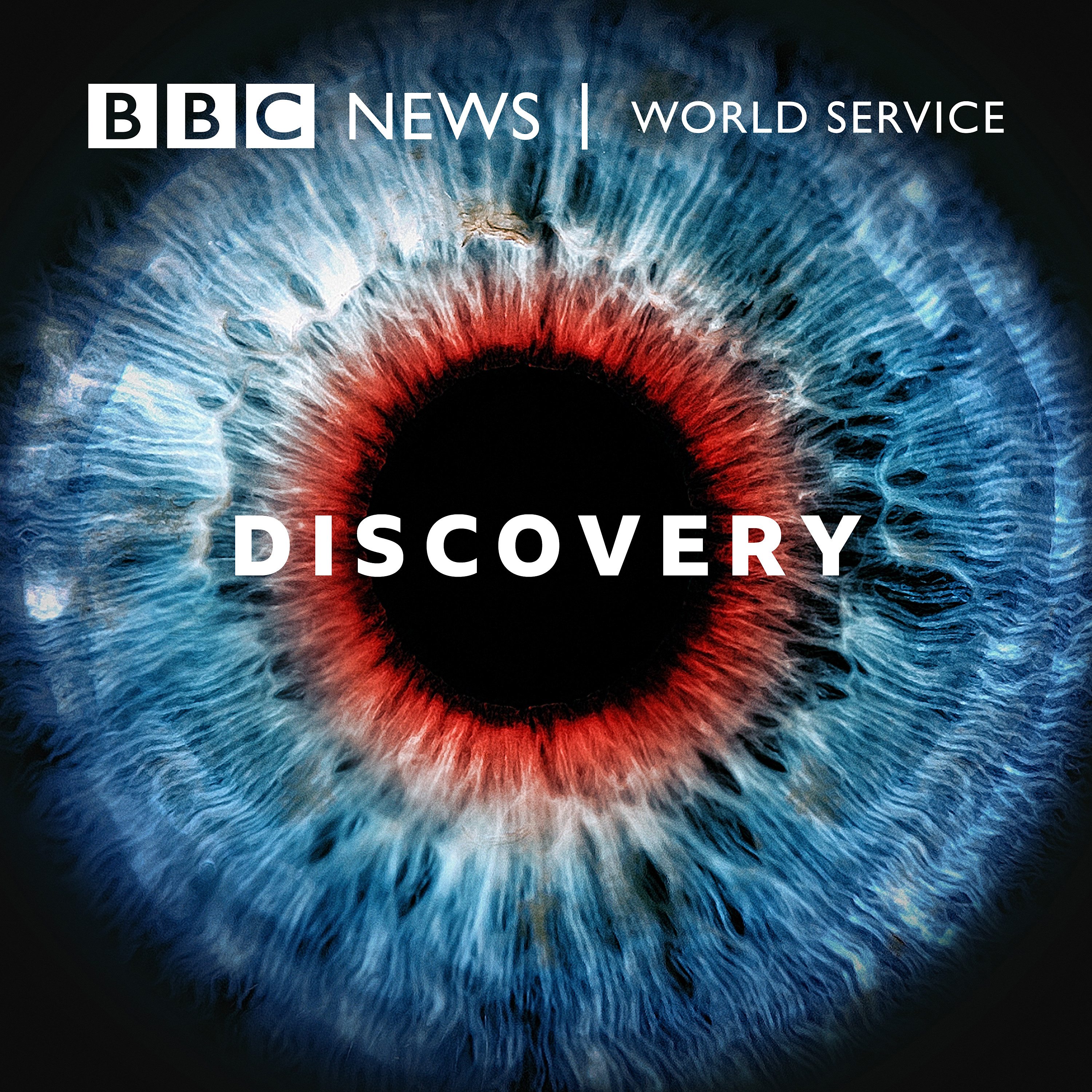
Discovery
Apr 5, 2021
The Nobel Prize for Chemistry in 2019 was awarded to John Goodenough, Stanley Whittingham and Akira Yoshino "for the development of lithium-ion batteries." These rechargeable batteries are in our phones, and in our laptops. And they will be the batteries powering electric vehicles which we are being urged to use in place of ones fuelled by gasoline and diesel. Jane Chambers finds out how the element lithium has become so important in the world today. She lives in Chile, where lithium is called the country’s white gold, as it is the source of much of the world’s supply. Jane travels to the Atacama Desert and visits the SQM mine where lithium is evaporated out of huge brine lakes.
She talks to Professor Clare Grey of Cambridge University about her research into improving the efficiency of lithium ion batteries. And Dr Paul Anderson of Birmingham University explains what needs to be done for more lithium to be recycled.
Editor: Deborah Cohen
Picture: Lithium plant in Atacama Desert, Chile, Credit: SQM

